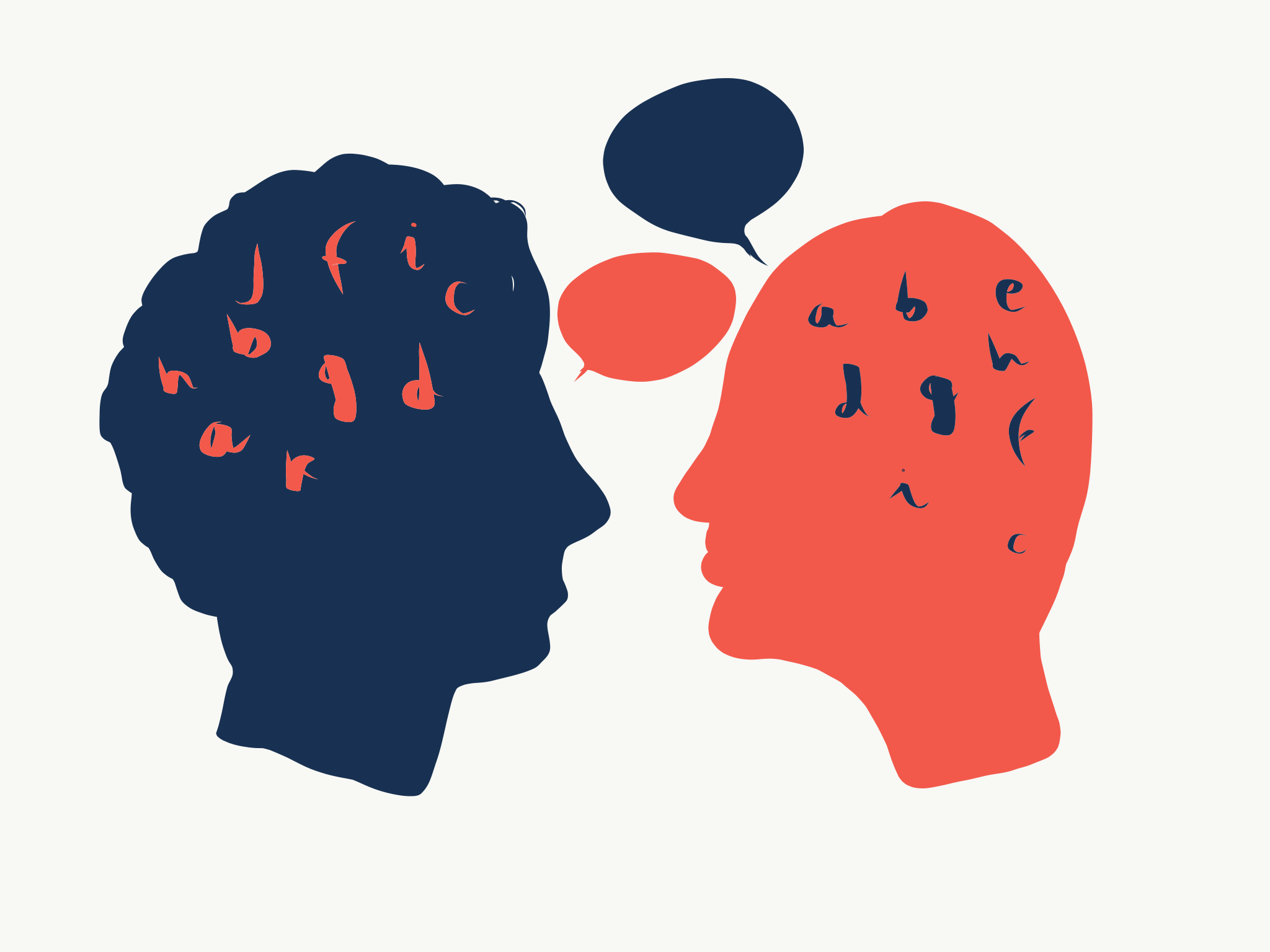Table of contents
Good psychological health of senior citizen is essential because not only our physical condition changes over time. Also our mentality, ideas and thoughts are transformed in the process of old age. Taking care not only of our body, but also of our mind, will help us to face the future and its consequences in a positive way. It is important to maintain good psychological and emotional health for this.
The psychological health of the senior citizen
Aging poses several challenges at the psychological and emotional level. Leaving aside various pathologies that influence the rational mind, in general, the senior citizen can become vulnerable. The loneliness and isolation of our older adults is a factor to be taken into account to avoid their decline. Just as some senior citizens people adapt perfectly to this new stage, others may feel lost and frustrated.
Taking into account that physical changes and limitations in autonomy occur, it is necessary to evaluate their emotional health. Senior citizens usually have extensive free time. It is important that they continue to feel useful, just as it is essential to have their opinions and feel heard. Feeling a burden on family members, the loss of a spouse or friends, or a disabling illness can lead to serious psychological problems. According to the WHO, unipolar depression affects 7% of the older population. Therefore it is good to monitor symptoms and to cope with them.
Identifying depression in senior citizens
Depression tends to be thought of as a state inherent to old age. But there are as many ways to deal with it as there are people who experience it. It is always necessary to go to professionals to diagnose any mental disorder but knowing the symptoms of depression will help us recognize the problem:
Emptiness, pathological sadness.
Irritability, aggressiveness.
Discouragement, no motivation for any activity.
Isolation, introspection.
Anxiety, stress.
Guilt feelings.
Eating and sleeping disorders.
Continued physical and mental fatigue.
Absence of pleasure.
Negative thoughts, suicidal ideas.
The described symptoms can be supposed as direct consequences of the old age, which would be a mistake. In the same way that to recognize the solitude like a factor tied to its age. There are more and more senior citizens living alone and many times they cannot count on social or family resources. These situations make them vulnerable, since loneliness is a risk factor.
Promoting emotional health
The emotional state of our older adults can be improved through healthy habits. An active life within their means is of vital importance. It is also important to have external help that facilitates the autonomy of the person, as well as good health and social care in general.
It has been proven that physical exercise improves mental health and increases social participation. The fact of establishing a routine of simple exercises can notably improve our emotional quality. Going for a walk in company, enjoying the outdoors and proposing new challenges will improve the motivation of the older person. Precisely, the fact of socializing and not losing the intimate circles, is fundamental to avoid isolation. Participating in therapeutic activities, promoting leisure and sharing free time, will help to have an optimal psychological health. In the same way, involving older adults in a family environment, counting on his opinion and motivating him in the decision making process. Senior citizens should not feel annulled only by their age, their physical conditions or their cognitive state. Promoting their autonomy and being taken into account will be more than favorable for their daily life.
Psychogerontology, a specialty to be taken into account
Psychogerontology is a specialty within psychology that studies the process of aging and seeks to promote the well-being of senior citizens and their caregivers. A psychogerontologist is in charge of evaluating and diagnosing the cognitive and emotional state of senior citizens, as well as the application of the necessary therapies. He or she also provides advice to the family and caregivers, guiding them through the process of their family member. It also acts in specialized centers and care agencies, although it is still a figure not enough extended in this area.
In the same way that we have specialists in the early stages of life, it would be more than necessary to receive the attention of the gerontologist and/or psycho-gerontologist in senior citizens. Their intervention in the different illnesses associated with this stage and in the emotional health of senior citizens, will be key for an active and quality aging.
The psycho-gerontologist must also be present in the social field, being in charge of promoting social and preventive programs. The challenge of promoting active aging is not only a question of the individual himself, but must be promoted from different social areas, senior centers, associations, education, etc. In all these areas, psycho-gerontology plays a fundamental role.
Psychological health of senior citizens: Conclusion
In short, the third age is a stage where the risk to the psychological health of senior citizens are accentuated. The emotions and feelings of our older adults must be taken into account. The tendency to isolation can be prevented by different activities and different professionals that will substantially improve the quality of life of our loved ones. We hope that this article from Nomenial has been useful.







